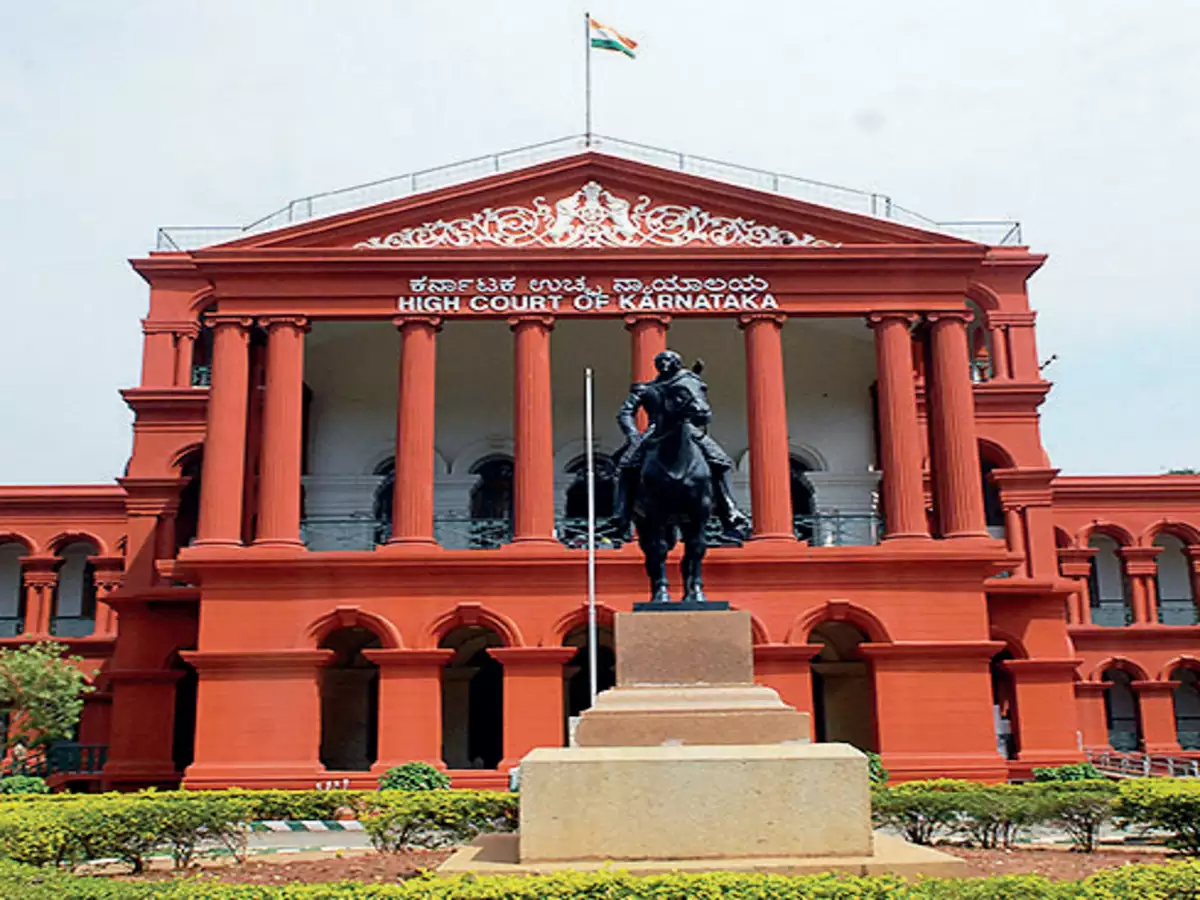The Karnataka High Court has established guidelines for magistrates when granting permission for the investigation of non-cognizable offences, following the recent case of Vijesh Pillai vs The State of Karnataka and Others.
The Court emphasized that authorizing the filing of a First Information Report (FIR) should not be taken lightly and magistrates must apply serious consideration before issuing such orders. The Court expressed concern that magistrates’ arbitrary orders have contributed to the congestion of cases before the High Court.
Consequently, a significant number of petitions to dismiss criminal cases have been generated under Section 482 of the Code of Criminal Procedure (CrPC). The Court urged magistrates to change their approach and carefully consider requests before issuing appropriate orders.
Additionally, the Court reminded magistrates of their previous recommendation to refrain from using casual language when allowing FIR registrations. Referring to the case of Vageppa Gurulinga Jangaligi vs. State of Karnataka, the Court highlighted the need for magistrates to apply their minds during the investigation process.
In accordance with Section 483 of the CrPC, the Court issued specific instructions to magistrates, including recording the source of the requisition, reviewing the contents of the requisition, and avoiding casual language. The Court stressed that these guidelines were necessary due to the annulment of numerous magistrates’ orders that lacked proper consideration before granting permission to file FIRs.



